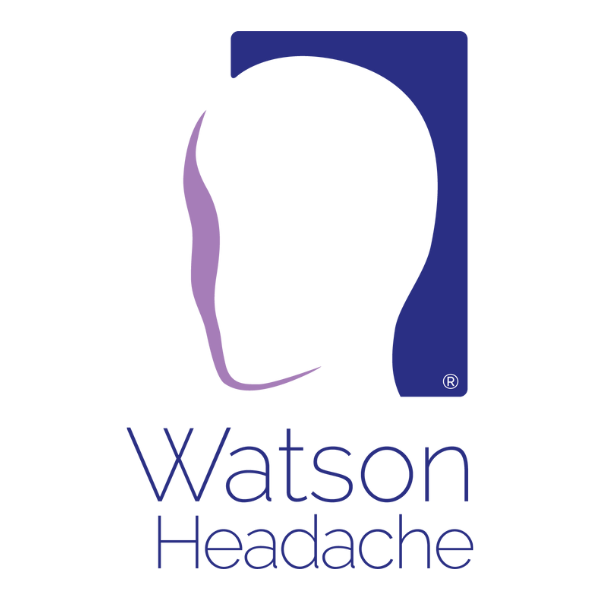Charter for Use of Content
Acknowledging and referencing the work of others:
Respect for proprietary rights, courtesy and ethics for proper acknowledgment and referencing maintain the integrity of the knowledge base and content (“Institute Content”) of the Watson Headache® Institute Pty Ltd and its community of interest. That community includes practitioners, educators, researchers and collaborators. Such respect also maintains standards and quality assurance. This benefits all, especially people living with headache or migraine to receive assessment, management and education by course attendees who have been introduced to and follow the Watson Headache® Approach.
Institute Content is intellectual property incorporated in digital, hard copy, written, video and verbal information and materials and includes underlying principles as provided before, during or after Institute courses, programs, webinars, events and publications.
The Watson Headache® Approach underpins the Institute Content. It is not just a series of techniques. It incorporates a distinctive clinical reasoning process taught to practitioners in structured learning during courses as well as associated programs and events. It is not to be presented alongside or combined with other modalities, approaches and medical devices. Practitioners should practice as taught, and not create their own terminology, definition, approach, diagram, illustration or paraphrase about the Institute or the Watson Headache® Approach. They should also not present their own restatement, adaptation, modification or version for example in a brochure, website, social media, blog post or video. Instead, practitioners may reference or link to the Institute’s website or use the permitted text stated in the Institute’s Marketing Permission Given to Course Attendees, when acknowledging their experience attending a course and subsequent use of the Institute Content.
What is learnt from Institute Content is for a course attendee’s use as a practitioner in a clinical context to support people living with headache or migraine. Institute Content is not shared for use by practitioners in any role as a teacher, lecturer, tutor, researcher, trainer, mentor, coach, facilitator or curriculum or program developer. To do so is unethical, misleading and legally dangerous. It exposes practitioners, their practice and the Institute to negligence, intellectual property and business law legal claims.
Institute Content is protected by legal rights in text, images, diagrams and videos. These legal rights are enforceable worldwide under contract, trade practices and intellectual property law (which includes copyright, confidential information, trade marks and domain law policies). Complementing those common law and statutory rights are the following Institute legal documents applicable to and binding on Watson Headache® Institute course attendees:
- Intellectual Property Notice
- Conditions of Use
- Marketing Permission Given to Course Attendees
- Permission Agreement to Use the Name
- Charter for Use of Content
A course attendee accepts the Conditions of Use applicable to Institute Content and otherwise. This acceptance arises on registering for a course, or by accessing or using the Institute’s social platforms or its websites, or materials and functionality available from them:
www.DeanWatson.com, www.WatsonHeadache.com, www.WatsonHeadacheInstitute.com, or www.WatsonHeadacheApproach.com.
The Institute’s legal documents stipulate that a course attendee must not in any media make, supply or adapt or permit others to make, supply or adapt any copy, part, version or modification of Institute Content in any manner or for any purpose whatsoever except as permitted in writing by the Institute. The documents prohibit a course attendee developing any work adapting, encapsulating, reproducing, based on or derived from Institute Content.
Acknowledging and referencing the work of others is a foundational ethical and operational principle for institutions of learning. It is an obligation on past and present course attendees. Acknowledgements and references make records on the provenance knowledge and thereby build trusted knowledge.
Watson Headache® – Revised 1st March 2024
